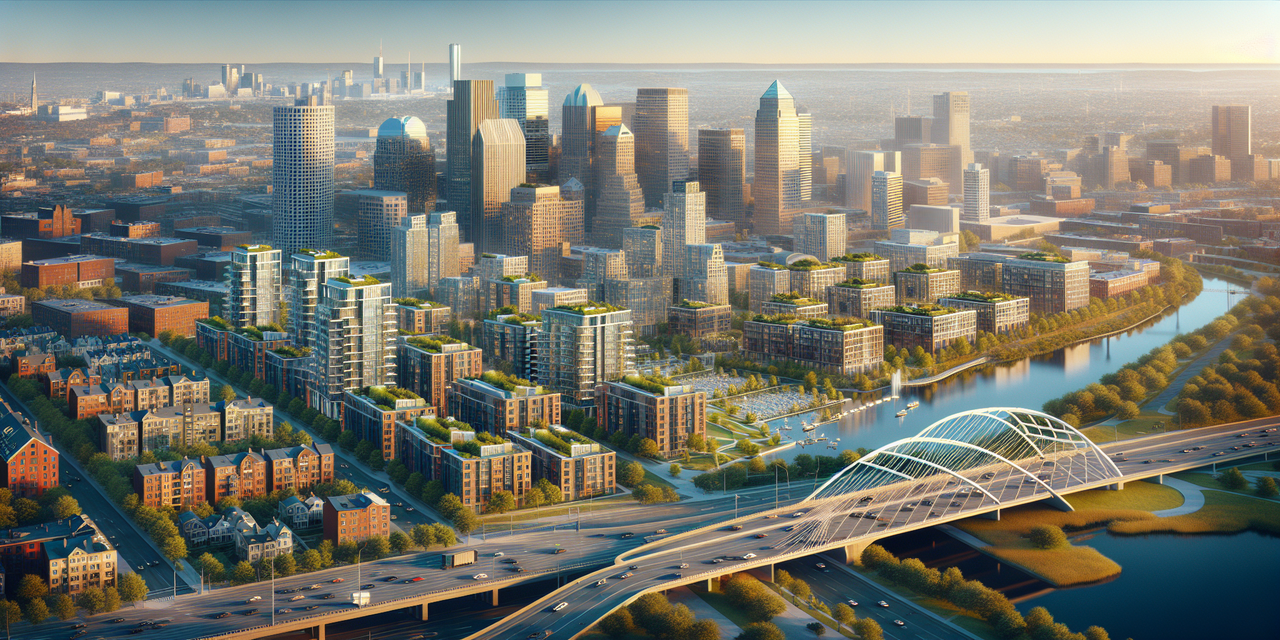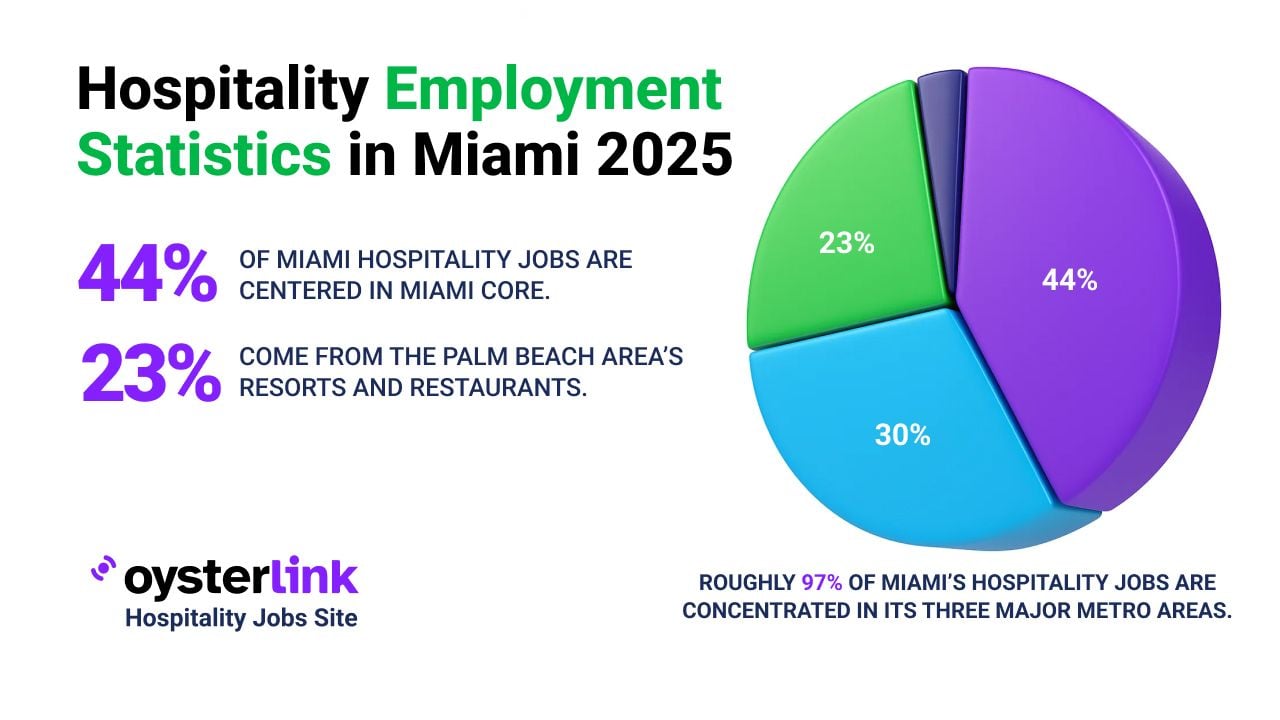Massachusetts Cost of Living: Quick Takeaways
- Housing Costs: The average rent for a one-bedroom apartment in Massachusetts has notably increased, reaching about $3,150 in 2025.
- Transportation Expenses: Public transit monthly passes cost around $90, with fuel prices averaging $3.51 per gallon.
- Healthcare Costs: Slightly below national averages with average employer-sponsored health insurance premiums at about $140.33 monthly.
- Income Levels: The median household income in Massachusetts for 2025 is $85,000.
Massachusetts, known for its rich history and prominent educational institutions, commands a higher cost of living compared to many other US states.
This article presents a detailed breakdown of the 2025 cost of living in Massachusetts, touching upon housing, transportation, utilities and more to help residents and newcomers make informed decisions.
1. Housing Costs in Massachusetts
Housing costs are a major factor in the cost of living. Here is a historical look at average rent for a one-bedroom apartment in Massachusetts:
- 2010: Approximately $1,200
- 2015: Around $1,500
- 2020: Approximately $1,800
- 2024: Reached $3,150
- 2025: Projected stable at $3,150
These numbers show a rapid increase especially in the recent years reflecting escalating demand and limited supply in the housing market.
Understanding real estate market trends in hospitality can also offer valuable insights for those investing in or managing hospitality properties in Massachusetts.
2. Homeownership and Real Estate Trends in Massachusetts
For those looking to buy a home, Massachusetts' real estate market has also experienced significant price appreciation:
- 2010: Median home price about $300,000
- 2015: Increased to $400,000
- 2020: About $500,000
- 2024: Reached $658,559
- 2025: Expected to remain at $658,559
This trend highlights the competitive nature and high investment value in the Massachusetts real estate market.
3. Transportation Expenses in Massachusetts
Transport costs include public transit fares, fuel and vehicle maintenance:
- Public Transit One-Way Fare: $2.50
- Monthly Public Transit Pass: $90.00
- Fuel Cost Per Gallon: $3.51
- Annual Vehicle Maintenance: $1,200
Transportation costs depend heavily on commuting preferences, with public transit usage common in urban areas.
4. Utility Costs in Massachusetts
Typical monthly utility expenses for a standard apartment are:
- Electricity: $152.40
- Internet: $43.00
- Total Utilities: $195.40
These figures can vary based on consumption and service providers but provide a good baseline estimate.
5. Grocery and Food Expenses in Massachusetts
Groceries and dining costs are slightly above national averages:
Monthly grocery cost per person: $412.42. Dining out prices range from $15 for casual meals to $50 for mid-range restaurant dishes.
For those involved in the hospitality industry, knowing the local costs of food and dining can impact menu pricing and budgeting. Exploring restaurant food waste statistics may also help reduce costs effectively.
6. Healthcare Costs in Massachusetts
Healthcare costs include insurance premiums and out-of-pocket expenses:
Average monthly employer-sponsored health insurance premium is about $140.33, while Silver plan premiums average around $621 monthly.
7. Educational Expenses in Massachusetts
Education costs vary widely:
- Public Schools: Generally free, funded by taxes.
- Private School Tuition: Averages approximately $20,000 annually.
- In-State University Tuition: About $14,000 per year.
Families should consider these costs when planning their budgets.
8. Entertainment and Leisure in Massachusetts
Entertainment options have various associated costs:
- Movie Tickets: $14 each
- Gym Memberships: $50 per month
- Meals at Mid-range Restaurants: $50
Annual expenditures on entertainment reach approximately $3,000, with personal care services about $900 annually.
9. Taxes and Miscellaneous Fees in Massachusetts
Key taxes residents should be aware of include:
- State Income Tax Rate: Around 5%
- Sales Tax: 6.25%
- Property Tax Rate: Approximately 1.23%
These taxes affect disposable income and living costs across the state.
10. Childcare and Family Expenses in Massachusetts
Childcare is among the higher living expenses:
- Daycare Monthly Cost: $1,862.67
- After-School Programs: $500 per month
- Extracurricular Activities: Around $200 monthly
These expenses are significant for families with children and should be budgeted carefully.
11. Clothing and Personal Care in Massachusetts
Monthly expenditures include:
- Clothing: $150
- Personal Care: $75
These figures reflect typical spending habits but can vary based on lifestyle choices.
12. Insurance Costs in Massachusetts
Insurance premiums contribute notably to living expenses:
- Health Insurance (Silver Plan): $621 monthly
- Auto Insurance: $1,500 annually
- Homeowners Insurance: $1,200 annually
- Renters Insurance: $180 annually
These are essential for financial security and legal requirements.
13. Miscellaneous Expenses in Massachusetts
Additional living costs include:
- Annual Entertainment: $3,000
- Personal Care Services Annual: $900
- Miscellaneous Goods and Services: $1,000 annually
These costs depend on personal preferences and lifestyle.
14. Income and Salaries in Massachusetts
The median household income has grown steadily in recent years:
- 2010: $64,000
- 2015: $70,000
- 2020: $81,000
- 2023: $85,000
- 2025: $85,000
This rise in income highlights economic development but also coincides with rising living costs.
For hospitality employers in Massachusetts, understanding local wage trends in hospitality can help maintain competitive and fair salary offerings.
15. Comparison with National Averages
Massachusetts' cost of living contrasts with US national averages as follows:
- Overall Cost of Living: Approximately 27.5% higher than average.
- Housing: 75% higher
- Utilities: Around 12.9% higher
- Food: 8.9% above average
- Healthcare: Almost 10% lower than average
- Transportation: 7.9% above national average
- Goods and Services: 47.9% higher
These figures underline Massachusetts' status as an expensive state to live in, especially housing and goods.
Our Methodology for Massachusetts Cost of Living Figures
We compile these figures from reputable sources such as Numbeo, BLS, Zillow, MIT Living Wage Calculator and government reports. Some values are estimated when no precise data exist to provide a comprehensive and accurate portrayal of Massachusetts living expenses.
Massachusetts Cost of Living: Conclusion
Massachusetts presents a higher-than-average cost of living, driven largely by housing, goods and general expenses, although healthcare costs are slightly more affordable in comparison.
Income growth partially offsets these costs but careful budgeting is essential, especially for housing and family-related expenses like childcare and education.
This detailed breakdown enables current and prospective residents to better understand and manage the financial demands of living in Massachusetts in 2025.
Hospitality industry employers may benefit from insights on effective restaurant staff hiring strategies to optimize their workforce costs and efficiency.


.webp)
.webp)
